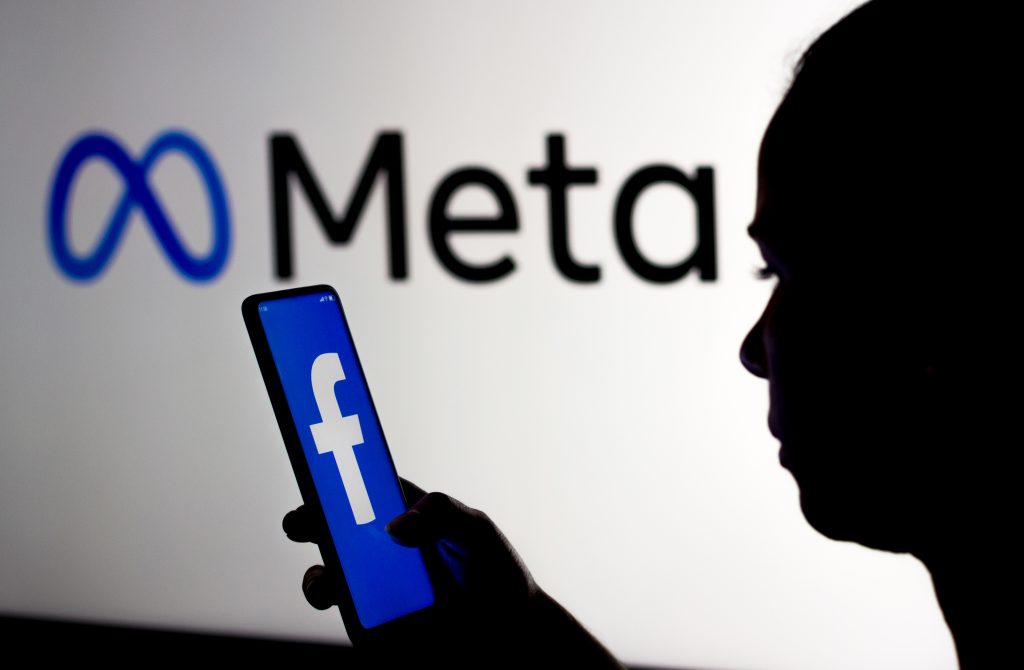Meta reintroduces facial recognition for celebrity scam protection
The initiative is being rolled out globally in December, excluding areas like Britain, the EU, South Korea, and certain US states due to regulatory issues.

Meta, the parent company of Facebook, is testing facial recognition technology again, three years after halting its use due to privacy concerns. This time, the company focuses on combating ‘celeb bait’ scams, which use public figures’ images in fraudulent advertisements. Meta plans to enrol around 50,000 celebrities in a trial program that will automatically compare their profile photos with those in suspicious ads. If the system detects a match, Meta will block the ad and notify the celebrities who can opt out of the program.
The trial, which will begin globally in December, excludes regions where regulatory clearance has yet to be obtained, such as Britain, the European Union, South Korea, and certain US states states like Texas and Illinois. Meta’s vice president of content policy, Monika Bickert, explained that the program protects celebrities from being exploited in scam ads, a growing problem on social media platforms. Meta aims to offer this protection while allowing participants to choose whether to participate in the trial.
The initiative comes at a time when Meta is balancing the need to address rising scam concerns while avoiding past criticisms over user data privacy. In 2021, Meta shut down its previous facial recognition system and deleted the face scan data of a billion users, citing growing concerns over biometric data use. Earlier this year, the company faced a $1.4 billion fine in Texas for allegedly collecting biometric data illegally.
In addition to targeting scam ads, Meta is also considering using facial recognition data to help everyday users regain access to their accounts, especially in cases where they’ve been hacked or forgotten their passwords. Meta emphasises that all facial data generated by the new system will be deleted immediately after use, regardless of whether a scam is detected. The tool has undergone extensive internal and external privacy reviews before being implemented.
